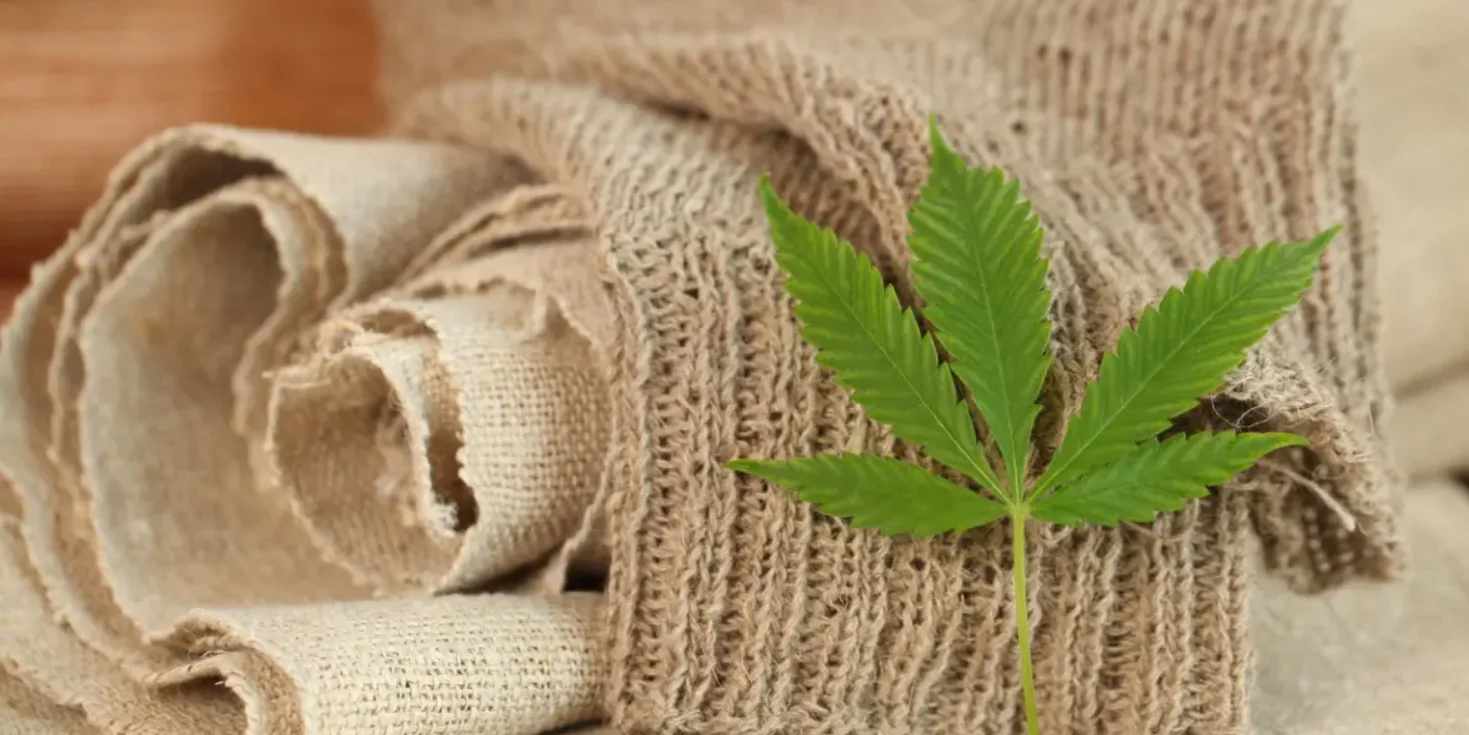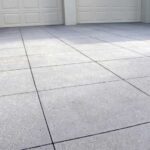In an era where sustainability and health consciousness are at the forefront of consumer choices, the fashion industry is experiencing a significant shift towards eco-friendly materials. One such material that is gaining popularity is organic hemp fabric.
Known for its durability, versatility, and minimal environmental impact, hemp fabric is becoming a preferred choice for environmentally conscious consumers. This blog post explores the numerous health and environmental benefits of incorporating organic hemp fabric clothes into your wardrobe.
What is Organic Hemp Fabric?
Hemp fabric is made from the fibers of the hemp plant, a variety of Cannabis sativa. Unlike its psychoactive cousin, marijuana, hemp contains negligible amounts of THC, making it non-psychoactive and safe for industrial use.
Organic hemp fabric is produced without the use of synthetic chemicals, pesticides, or fertilizers, ensuring that the end product is free from harmful residues and is environmentally friendly.
Environmental Benefits of Organic Hemp Fabric Clothes
Sustainable Cultivation
- Low Water Usage: Hemp requires significantly less water compared to conventional crops like cotton. This makes it an excellent choice for regions prone to water scarcity and reduces the overall water footprint of the fabric.
- Minimal Pesticides and Herbicides: Hemp is naturally resistant to most pests and diseases, reducing the need for chemical pesticides and herbicides. This not only protects the environment but also ensures the health of farmworkers and surrounding communities.
- Soil Health: Hemp has deep roots that help prevent soil erosion and promote soil health by adding organic matter back into the soil. Additionally, hemp can be grown in rotation with other crops to improve soil fertility and structure.
Carbon Sequestration
- Hemp plants absorb more CO2 per hectare than any forest or commercial crop, making hemp a powerful tool in mitigating climate change. By choosing hemp fabric clothes, consumers can contribute to reducing their carbon footprint.
Biodegradability
- Unlike synthetic fibers, hemp fabric is biodegradable and compostable. This means that when hemp clothing reaches the end of its life cycle, it will break down naturally without releasing harmful pollutants into the environment.
Reduced Chemical Pollution
- The production of organic hemp fabric does not involve harmful chemicals, thereby preventing chemical runoff into water bodies and soil contamination. This leads to cleaner ecosystems and safer habitats for wildlife.
Health Benefits of Organic Hemp Fabric Clothes
- Hypoallergenic Properties: Hemp fabric is naturally hypoallergenic, making it suitable for people with sensitive skin or allergies. Unlike synthetic fabrics that can cause irritation, hemp is gentle on the skin and helps prevent allergic reactions.
- Breathability and Moisture-Wicking: Hemp fabric is highly breathable and has excellent moisture-wicking properties. It absorbs moisture from the skin and releases it into the air, keeping you dry and comfortable. This makes hemp clothing ideal for hot and humid climates as well as for active wear.
- Antibacterial and Antimicrobial Properties: Hemp fabric has natural antibacterial and antimicrobial properties, which help reduce the growth of bacteria and fungi. This can prevent unpleasant odors and infections, ensuring that your clothes stay fresh and hygienic for longer periods.
- UV Protection: Hemp fabric provides natural protection against harmful UV rays. This makes hemp clothing a good choice for outdoor activities, offering an additional layer of protection against sunburn and skin damage.
- Durability and Longevity: Hemp fibers are incredibly strong and durable, making hemp fabric resistant to wear and tear. Clothes made from hemp are long-lasting and maintain their shape and integrity even after multiple washes. This durability translates to fewer replacements and a lower environmental impact over time.
The versatility of Organic Hemp Fabric Clothes
- Fashion Forward: Hemp fabric can be woven into a variety of textures, from coarse to silky smooth, making it suitable for different types of clothing. Whether it’s casual wear, formal attire, or outdoor gear, hemp can be styled to fit any fashion need.
- Dyeability: Hemp fabric absorbs dyes well, allowing for vibrant and long-lasting colors. This versatility in dyeing makes hemp clothing available in a wide range of colors and patterns, catering to diverse fashion preferences.
- Blends Well with Other Fabrics: Hemp can be blended with other natural fibers like cotton, silk, and wool to enhance its properties. Blended fabrics can offer the best of both worlds, combining the durability of hemp with the softness of cotton or the warmth of wool.
Economic Benefits of Organic Hemp Fabric Clothes
- Supporting Sustainable Agriculture:By purchasing organic hemp clothing, consumers support sustainable farming practices and promote the agricultural sector’s shift towards eco-friendly crops. This helps create a demand for sustainable products and encourages farmers to adopt environmentally responsible practices.
- Ethical Production: Many producers of organic hemp fabric adhere to fair trade principles, ensuring fair wages and safe working conditions for workers. By choosing hemp clothing, consumers can contribute to ethical fashion and support socially responsible businesses.
- Cost-Effective in the Long Run: Although the initial cost of hemp clothing may be higher than that of conventional fabrics, the durability and longevity of hemp mean that these clothes last longer, reducing the need for frequent replacements. This makes hemp clothing a cost-effective choice over time.
Challenges and Considerations
- Availability and Accessibility: Despite its many benefits, hemp fabric is still not as widely available as other fabrics. This can make it more difficult to find and potentially more expensive. However, as demand grows, more brands are likely to offer hemp options, increasing accessibility.
- Perception and Misconceptions: There are still misconceptions about hemp due to its association with marijuana. Educating consumers about the differences and the benefits of hemp is crucial in overcoming these barriers and promoting its adoption in mainstream fashion.
- Quality Variability: The quality of hemp fabric can vary depending on the cultivation and manufacturing processes. Consumers should look for reputable brands and certifications to ensure they are purchasing high-quality, organic hemp clothing.
Conclusion
The benefits of wearing organic hemp fabric clothes are extensive, encompassing environmental sustainability, health advantages, and economic gains. As consumers become more aware of the impact of their choices, hemp fabric offers a compelling alternative to conventional textiles. By incorporating organic hemp clothing into your wardrobe, you not only embrace a healthier lifestyle but also contribute to a more sustainable and ethical fashion industry.


